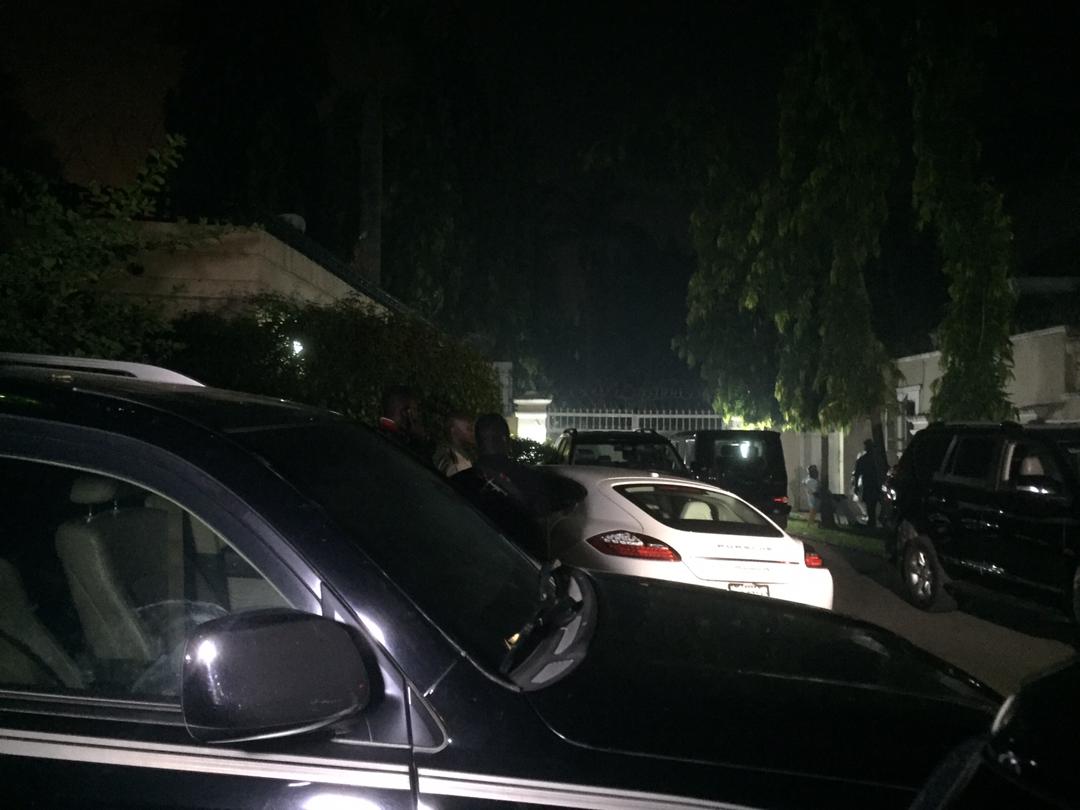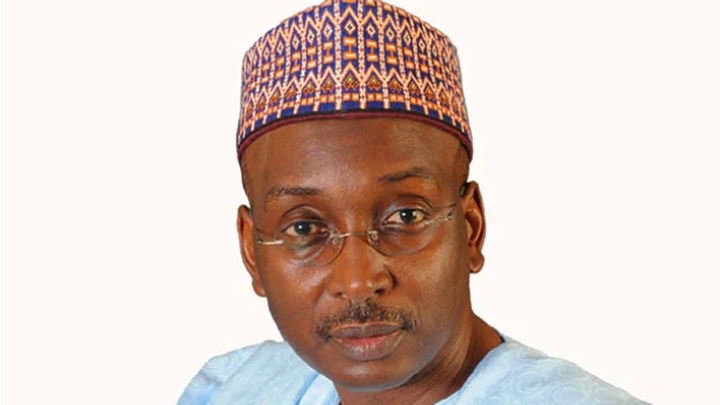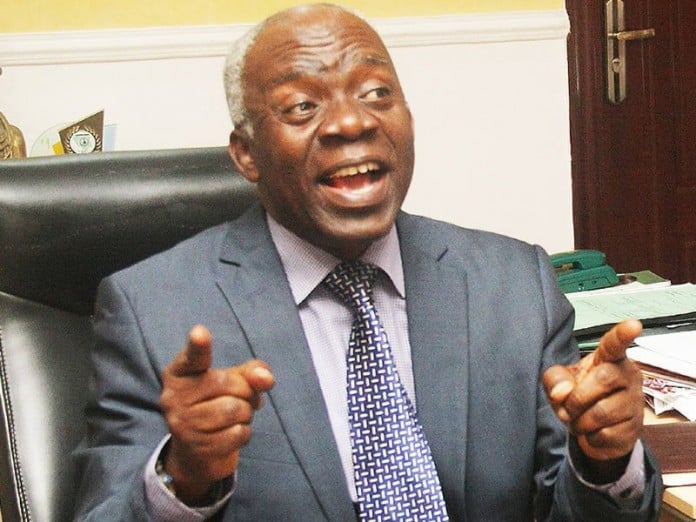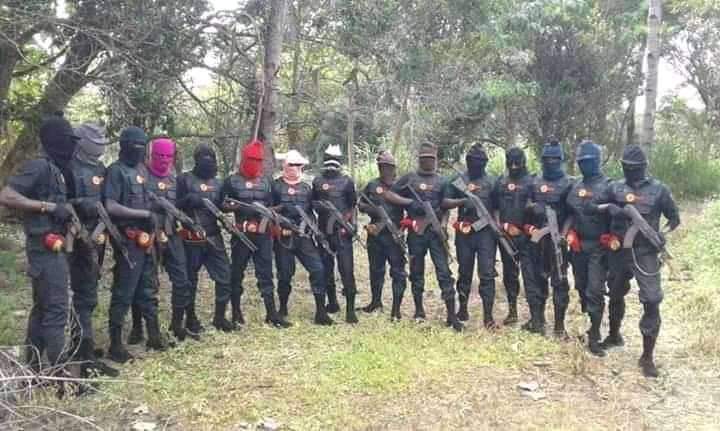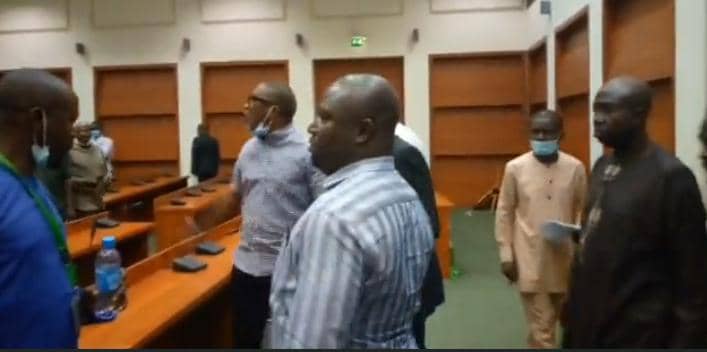Olanrewaju Suraju, chairman of HEDA Resource Centre, has asked the federal high court, Abuja, to quash criminal charges against him over allegations of circulating the audio of a stage-managed phone interview with Mohammed Bello Adoke, a former attorney-general of the federation.
He is also accused of circulating a forged email purportedly sent to JP Morgan, UK, by Adoke from the account of AA Properties over the OPL 245 transaction in 2011.
The anti-corruption activist has denied both allegations.
In the notice of preliminary objections filed on his behalf by his counsel, M.A. Banire & Associates, ahead of his November 23 arraignment, Suraju contended that the court lacks the jurisdiction to try him and asked that the suit be dismissed.
Advertisement
Among the reliefs he is seeking, according to a statement issued by his organisation, are:
- That he was subjected to media trial before the service of the charges on him and “that is prejudicial to the right of the defendant/applicant to fair hearing”
- That no court has jurisdiction to embark on trial for and no person can be charged with or tried for “an offence not contained in a written law or that does not otherwise constitute an offence at the time of its commission”
- That the jurisdiction of the court to arraign a defendant over a charge is activated by disclosure of an offence known to a written law
- That section 24 of the Cybercrime (Prohibition, Prevention, etc.) Act, 2015 “violates the 1999 Constitution and the African Charter on Human and Peoples’ Rights and disregards the decision of the Ecowas Court in mandatory imperatives as set out in Suit No: ECW/CCJ/APP/53/2018”.
WHAT DOES THE LAW SAY ON OBJECTIONS?
However, according to section 221 of the Administration of Criminal Justice Act (ACJA) 2015, “Objections shall not be taken or entertained during proceeding or trial on the ground of an imperfect or erroneous charge”.
Advertisement
Section 396(2) of the act also states: “After the plea has been taken, the defendant may raise any objection to the validity of the charge or the information at any time before judgment provided that such objection shall only be considered along with the substantive issues and a ruling thereon made at the time of delivery of judgment.”
His lawyers, however, asked: “How does one expect a person to plead to an offence not contained in a written law? How does someone even plead to an offence already declared invalid by a court of competent jurisdiction?
“If a defendant can only be charged with an offence provided by law, which he needs to understand in order to appropriately be arraigned, it is not possible to achieve that under a law that has been declared invalid.”
THE CONTROVERSY
Advertisement
Adoke, through his lawyers, had petitioned the IGP requesting for a investigation into the email shared with the media by HEDA Resource Centre.
He also said the email was intended to support the claim that there was corruption in the deal, to create the impression that he and Abubakar Aliyu, owner of AA Properties, “worked together” to fleece Nigeria.
The former AGF said he was no longer minister as of the date it was sent and had no reason to use another person’s email address.
Adoke also debunked claims he had a phone conversation with an Italian journalist in 2017 in which he was said to have acknowledged that the OPL 245 deal was a scam.
Advertisement
He said the phone conversation was state-managed as he was on self-exile at the time and had stopped using a Nigerian line since June 2015.
Meanwhile, Shell, Eni and others were eventually discharged and acquitted by the Italian court over charges of corruption in the OPL 245 deal.
Advertisement
The Italian prosecutors are now facing investigation over allegations of manipulating evidence to secure conviction by unlawful means.
In Nigeria, criminal charges were filed by the federal government against Suraju who is accused of circulating the allegedly forged email and audio on Facebook and Twitter.
Advertisement
Add a comment
